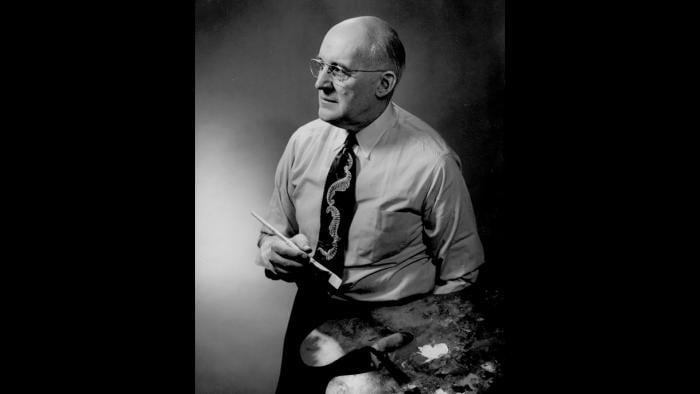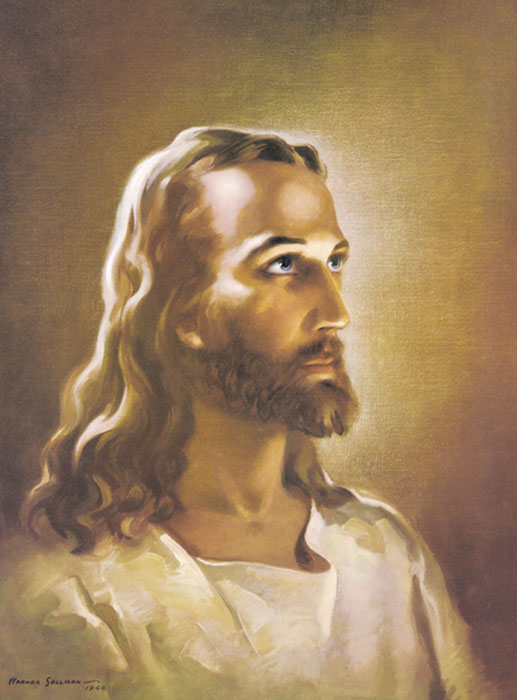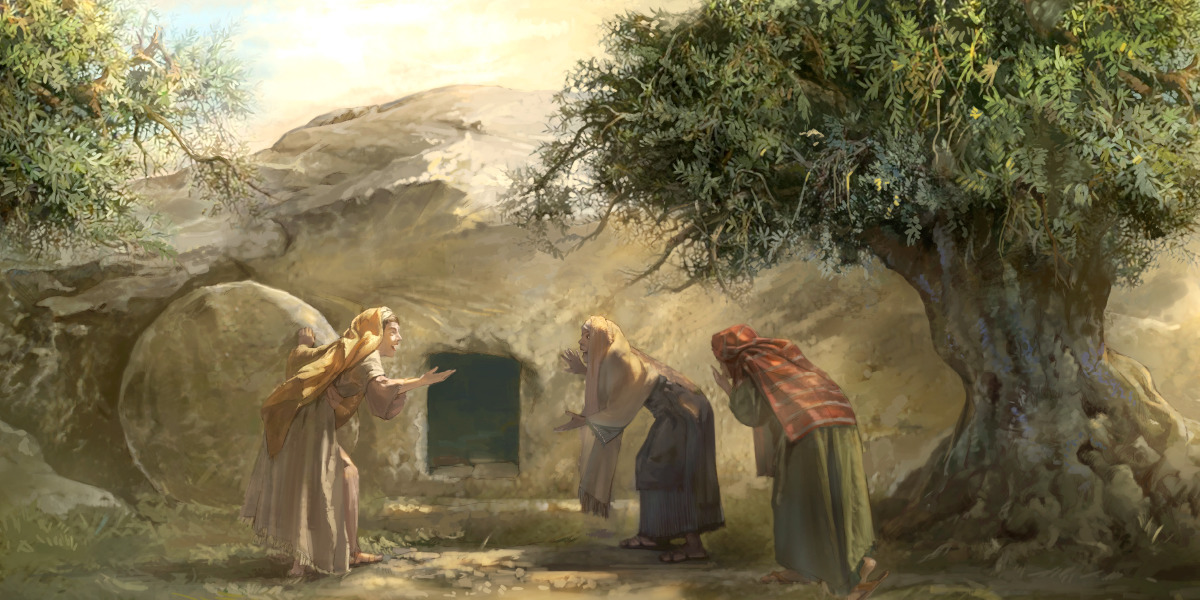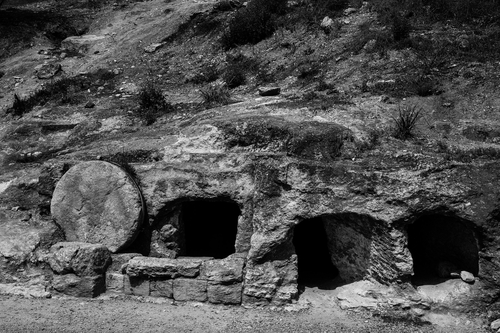
When I was in seminary
over a decade ago, I took a class on the resurrection of Jesus. One of our
textbooks for that study was N.T. Wright’s massive tome, The Resurrection of
the Son of God. The book was dense, scholarly and sleep inducing. I knew
when I finished the required reading in it, I would probably not crack it open
again.
I thought I was done with
Wright’s musings, until recently while searching for theological responses to
the COVID-19 pandemic I discovered that he’d written an article that was
published in Time magazine. Immediately, I was taken back by the title, “Christianity
Offers No Answers About the Coronavirus. It's Not Supposed To.” At the end of
the article Wright concludes, “It is no part of the Christian vocation, then,
to be able to explain what’s happening and why. In fact, it is part of the
Christian vocation not to be able to explain—and to lament instead.”[1]
With all due respect, I
think Mr. Wright is wrong. In fact, I think by writing an article with that premise
he undermines one of the most powerful aspects of Jesus’ resurrection, which he
spent hundreds of pages explaining in the aforementioned book (more on that
later).
Is the virus and the
problem of evil a perennial mystery? Of course. Are we supposed to lament
during this time of darkness—indeed! But I couldn’t disagree more with the idea
that “Christianity offers no answers about the pandemic.” Isn’t that the
theologian’s job after all—to understand to the best of human ability who God
is and wrestle with our existential struggles?
If you have a worldview
that can’t make sense of evil and suffering then its not a good worldview,
because our whole existence takes place in a universe full of pain and death.
First, we need to
understand that natural evil like hurricanes, tsunamis, earthquakes and pandemics
do not disprove God’s existence. Instead, they point to Him. The greatest Christian
apologist of the twentieth century, C.S. Lewis started out at as atheist. Yet,
after his conversion to Christ he realized that natural disasters lent surprising
proof for God. He wrote:
“My argument against God
was that the universe seemed so cruel and unjust. But how had I gotten this idea of just and
unjust? A man does not call something
crooked unless he has some idea of a straight line. What was I comparing the
universe with when I called it unjust? What was I comparing this universe with
when I called it unjust? . . . Of course I could have given up my idea of
justice by saying it was nothing but a private idea of my own. But if I did
that, then my argument against God collapsed too -- for the argument depended
on saying that the world was really unjust, not simply that it did not happen
to please my private fancies. Thus in the very act of trying to prove that God
did not exist -- in other words, that the whole of reality was senseless -- I
found I was forced to assume that one part of reality -- namely my idea of
justice -- was full of sense. Consequently atheism turns out to be too simple.
If the whole universe has no meaning, we should never have found out that it
has no meaning: just as, if there were no light in the universe and therefore
no creatures with eyes, we should never know it was dark. Dark would be without
meaning.”[2]
The fact that we have a
strong sense of justice and perfection in a world so twisted by injustice, evil
and imperfection gives compelling evidence that there is a moral law written on
our hearts. And if there is a moral law, then there must be a transcendent,
unchanging, moral law-giver.
So, what does the
Christian worldview offer during this time of crisis? Here are just a few lessons.
1.
Disasters point
to our fallen world, marred by the effects of sin. Paul writes in Romans 8:22, “For we know that the
whole creation has been groaning together in the pains of childbirth until now.”
Natural disasters are forceful reminders that our world is broken. The disease,
disaster and death we see is a result of mankind’s sinful choices in the beginning
(Gen. 3:17-19). It is in this broken world that God shows us that things aren’t
supposed to be this way. This messed up world leaves us with a desire for more.
As Lewis would say elsewhere, “If we find ourselves with a desire that nothing
in this world can satisfy, the most probable explanation is that we were made
for another world.” And so, we desperately need a Savior to redeem our souls
and the creation.
2.
Disasters
teach us that life is fragile and we need to prepare for eternity. In Luke 13 Jesus responded to a tragedy in His day. A
tower accidently fell, and many people were killed. “Or those eighteen on whom
the tower in Siloam fell and killed them: do you think that they were worse
offenders than all the others who lived in Jerusalem? No, I tell you; but
unless you repent, you will all likewise perish (Luke 13:4-5).” The tower
collapsing wasn’t the result of judgment or punishment for sin. It just
happened. Sometimes it takes the dramatic power of a disaster to capture our
attention and turn our minds towards eternity. Disasters wake us from our
slumber and prompt us to question our sources of security. When life is upended
we see that our health, money, careers, or government can all be swept away in
a moment and so it’s unwise to put our hope in them.
3.
Disasters help
us to reflect on God’s goodness. An
old saying I’ve heard all my life goes like this, “You don’t appreciate the
water, till the well’s run dry.” God owes us nothing. Yet James 1:17 says, “Every
good gift and every perfect gift is from above, coming down from the Father of
lights, with whom there is no variation or shadow due to change.” How good is
God is to give us food, shelter and clothing? How good is God bless us continually
while we give Him scant appreciation? How many times has God spared your life from
a car wreck or a fatal disease? We may never really know. But we can make the
choice to rejoice. Erwin Lutzer wrote this sober reminder:
“Often the same people who
ask where God was following a disaster thankfully refuse to worship and honor Him
for years of peace and calmness. They disregard God in good times, yet think He
is obliged to provide help when bad times come. They believe the God they
dishonor when they are well should heal them when they are sick; the God they
ignore when they are wealthy should rescue them from impending poverty; and the
God they refuse to worship when the earth is still should rescue them when it
begins to shake.”[3]
4.
Disasters do
not defeat God. The worst thing that’s
ever happened in history hasn’t been an earthquake, tsunami or epidemic. It was
the crucifixion of Jesus, God’s sinless Son. The darkness of that tragedy is unequaled.
Yet from the Cross we see that God is no stranger to our suffering. Christ
entered into the bloodshed, violence and evil of this world. He took the worst
that this world could throw at Him. Yet through it all, God brought the
greatest good that could be imagined—salvation, resurrection and the hope of
restoration for this fallen world. If God can take the tragedy of the Cross and
use it for the triumph of Christ, then surely He can bring good out of any bad situation
we face.
I just came across the
encouraging story of Nic Brown—a COVID-19 survivor from Cleveland, OH. When
news reporters asked for his thoughts on the virus and his recovery, here’s
what he said to million of people listening, “I am a walking miracle. The
support I had from everybody, my family the hospital staff, really helped. I
truly believe it is the power of prayer and community support I had behind me
that made the difference. There is hope in this virus , God is bigger than this
virus. Hang in there.”[4]
Does Christianity have
something to say about our current crisis? Absolutely. God is there and He is
not silent. He is working through this crisis to bring glory to Christ. Because
of our Savior, no matter what we face on earth we can say with Paul:
35 Who shall separate us
from the love of Christ? Shall tribulation, or distress, or persecution, or
famine, or nakedness, or danger, or sword? . . . 37 No, in all these things we are more than
conquerors through him who loved us. 38 For I am sure that neither death nor
life, nor angels nor rulers, nor things present nor things to come, nor powers,
39 nor height nor depth, nor anything else in all creation, will be able to
separate us from the love of God in Christ Jesus our Lord. (Romans 8:35-39).
-DM
[1]
N.T. Wright, “Christianity Offers No Answers About the Coronavirus. It's Not
Supposed To,” Time, 29 March 2020 <https://time.com/5808495/coronavirus-christianity/>
[2]
C.S. Lewis, Mere Christianity (Harper Collins: San Francisco, 1952), 31.
[3]
Erwin Lutzer, Where Was God? (Carol Stream, IL: Tyndale, 2006), 100.
[4]
Peggy Gallek, ‘God is bigger than the virus,” A COVID-19 survivor says don’t
give up, there is hope,” FOX 8 NEWS, 30 March 2020 <https://fox8.com/news/coronavirus/god-is-bigger-than-the-virus-a-covid-19-survivor-says-dont-give-up-there-is-hope/>






